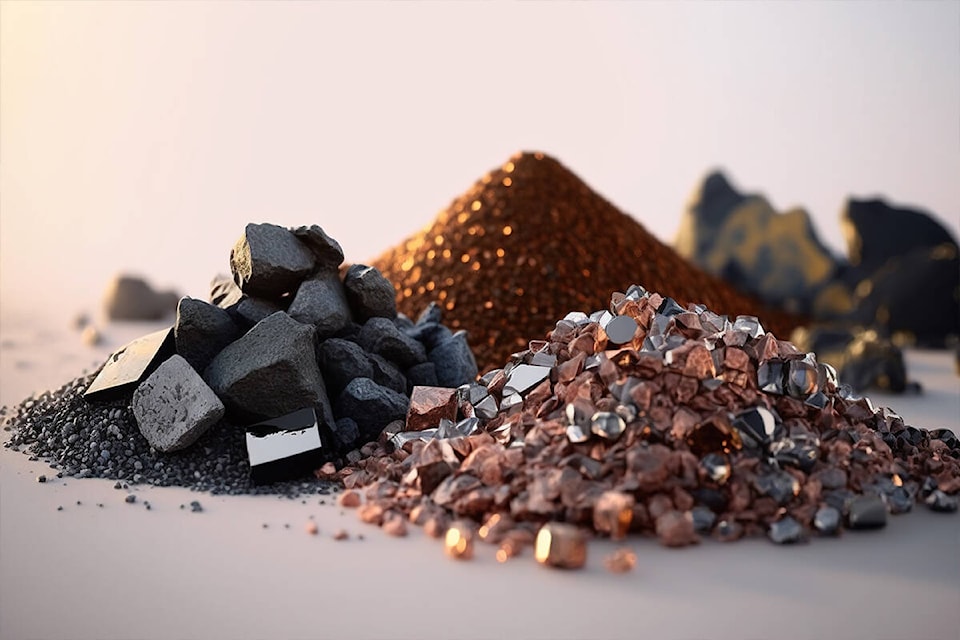The U.S. government is taking a significant step to reshape the global supply chain of critical minerals by becoming the largest shareholder in the only active rare earths mine in the country. This move underscores a renewed strategy aimed at reducing American reliance on foreign sources, particularly China, for elements essential to national security and technological advancement.
Securing Domestic Supply of Strategic Minerals
The rare earths mine at Mountain Pass, California, owned and operated by MP Materials, is at the center of this effort. In a multi-faceted agreement with the U.S. Department of Defense, MP Materials will receive a guaranteed price of $110 per kilogram for its production of neodymium and praseodymium—two critical elements used in permanent magnets found in electric vehicles, smartphones, wind turbines, and advanced medical equipment like MRI scanners.
To bolster domestic capacity, the company will also construct a new U.S.-based facility to process raw materials into usable forms, reducing the historical dependency on overseas refineries. The exact location for the facility is still under consideration, but it is expected to serve both defense contractors and commercial industries.
Strategic Share Purchase by the Defense Department
The Department of Defense will support this expansion by purchasing $400 million in newly issued MP Materials shares, effectively becoming the company’s largest single shareholder. This investment is seen as part of a broader push by the Trump administration to solidify the American supply chain for rare earths and other essential manufacturing inputs.
“This initiative marks a decisive action by the Trump administration to accelerate American supply chain independence,” said MP Materials CEO James Litinsky.
Ending Reliance on China
Until recently, MP Materials’ output was sold exclusively to Shenghe Resources, a Chinese company with partial state ownership. That relationship ended earlier this year, following reciprocal tariff hikes—145% imposed by the U.S. on Chinese imports, and 125% tariffs by China on American goods, which made the export of U.S. rare earths to China economically unfeasible and politically controversial.
The shift reflects broader efforts to address long-standing trade tensions. China currently controls nearly 70% of global rare earth mining and 90% of processing capabilities. This dominance has drawn criticism from Western nations, particularly after Beijing imposed tighter export controls on certain strategic materials.
Global Response and Economic Implications
In response, the European Union has also moved to decrease its dependency on Chinese rare earths by advancing the Critical Raw Materials Act. The legislation aims to strengthen Europe’s own resource networks and minimize exposure to international supply shocks.
During a recent diplomatic visit to Germany, China’s foreign minister defended the new export restrictions as a legitimate exercise of national sovereignty, emphasizing that the controls are aligned with standard international practices when it comes to goods with both civilian and military applications.
Long-Term Strategy for Economic Resilience
Washington’s investment in Mountain Pass is widely regarded as a foundational element in a broader national strategy to secure the future of American manufacturing. As rare earth materials are indispensable in emerging technologies, from electric propulsion to quantum computing, their availability will shape the country’s ability to compete on a global scale.
Trade negotiations between the U.S. and China continue, with rare earths playing a central role. Although some progress has been made, American officials have voiced concern that Beijing’s implementation of previously agreed-upon terms remains slow.
As part of the effort to protect critical industries and maintain economic resilience, the U.S. is now prioritizing domestic production, refining capacity, and stockpiling of strategic materials, signaling a more assertive approach to industrial policy and national security.



